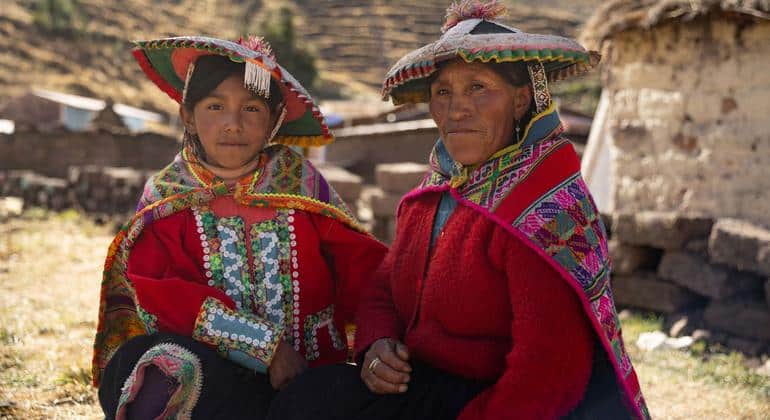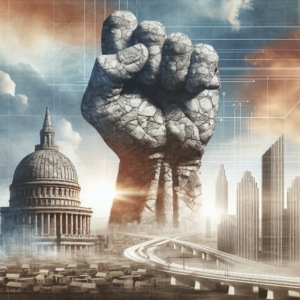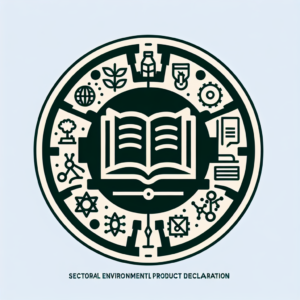Here’s the translation into American English:
—
In the context of International Indigenous Peoples Day, commemorated every August 9, UN Secretary-General António Guterres emphasized the opportunity that artificial intelligence (AI) presents for preserving endangered languages and oral traditions, as well as for mapping ancestral lands. However, Guterres warned that the lack of active participation from Indigenous communities could lead to these new technologies perpetuating patterns of exclusion and endangering their fundamental rights.
The Secretary-General highlighted that AI models are developed using data that often exclude or distort the voices of Indigenous peoples. This creates a scenario where technologies, especially those using facial recognition and biometrics, could increase the misidentification of Indigenous individuals, further affecting their privacy and rights.
In addition to these concerns, Guterres mentioned that the infrastructure needed for these systems requires large amounts of electricity and water, resources that could negatively impact Indigenous communities already facing access issues. Data centers, often located near their territories, can be a source of environmental degradation and exacerbate resource scarcity in these areas.
In a virtual panel organized to celebrate this date, various Indigenous representatives and technology experts agreed that establishing data centers on Indigenous lands could cause severe damage to local ecosystems. They also expressed concern about the limited access to digital technologies in rural areas, which hampers the active participation of Indigenous communities in the creation and development of AI.
Fernando Marani, Director of the Justice and Inclusion Program at New York University, stressed the need to close the digital divide to incorporate Indigenous communities into the digital sphere. He proposed that their voices be heard and that the processes for integrating technology be guided by ethical principles and appropriate governance.
Guterres emphasized that, to maximize AI’s potential, it is crucial for Indigenous peoples to be recognized as rights holders and stakeholders in the creation of these technologies. Meaningful inclusion and control over their data are key aspects to ensure that AI serves as a tool for empowerment and not as a new form of digital colonization.
Additionally, Indigenous activist Waorani Moi Guiquita emphasized that Indigenous peoples are not only guardians of the past but also architects of the future. He advocated for their inclusion in the processes of building an equitable and sustainable future.
Guterres concluded his speech by stressing the importance of safeguarding Indigenous peoples’ sovereignty over their data and intellectual property, ensuring their meaningful participation in the realm of AI. Colombia’s ambassador to the UN, Leonor Zalabata Torres, supported this call by recalling the historical struggle for Indigenous rights and reflecting on how artificial intelligence can be an ally in promoting these rights.
—
Feel free to ask if you need any modifications or further assistance!
via: MiMub in Spanish











